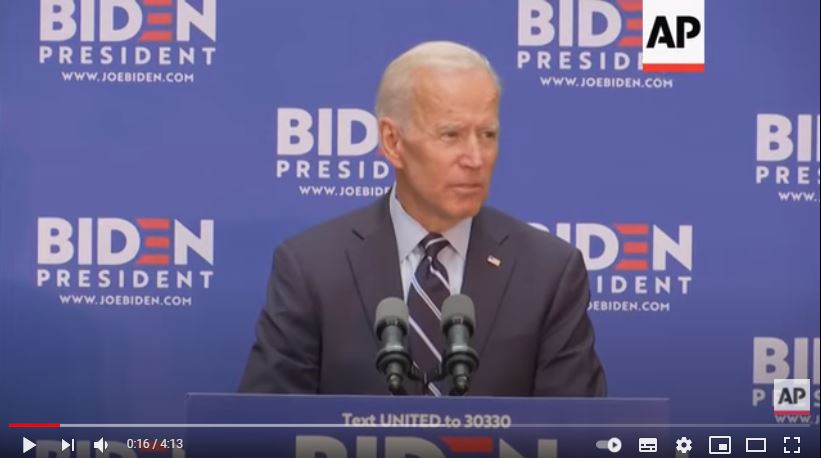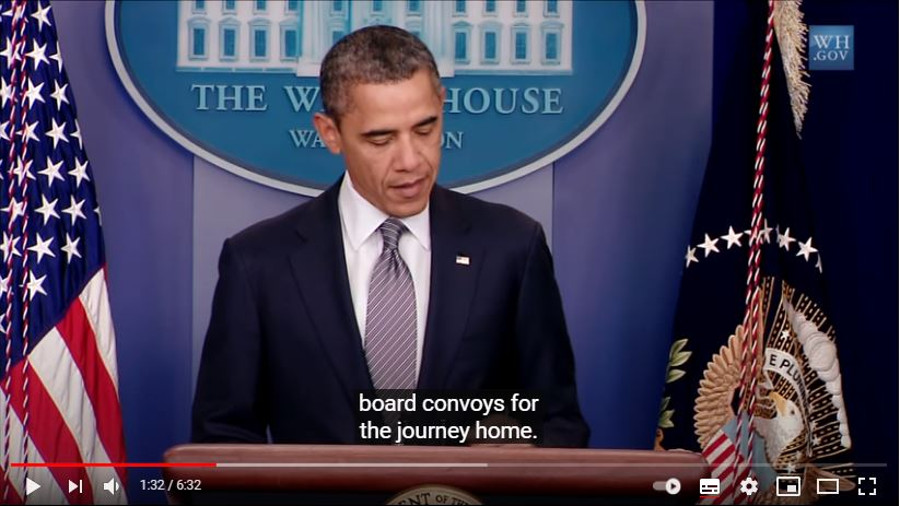 |
|
Joe Biden’s Foreign Policy Isn’t About Democracy or Human Rights — It’s About Maintaining US Dominance  Biden promises to end 'forever wars' if elected The US left, meanwhile, is in a strange position. The Bernie Sanders campaign and the success of left politicians like Alexandria Ocasio-Cortez, Ilhan Omar, and Rashida Tlaib have demonstrated that there’s a real hunger for criticism of the status quo. Simultaneously, however, Sanders’s defeat and the relative weakness of AOC, Omar, and Tlaib suggest that socialists need to step back and think through our general approach to the US state and power itself. Foreign policy must be central to this effort. Even if Sanders had won the presidency, it would have been difficult to manipulate the levers of power for anti-imperial ends, not least because we socialists don’t yet fully understand how the actually-existing American imperial state operates. This state formation is unique in world history: It is not only genuinely global, but it also diffuses power and authority through an opaque network of public institutions, multinational corporations, consultancies, and think tanks. Figuring out how to shape and work within this incredibly complex matrix will require significant intellectual work. It is a project to which the Left, presently out of power though with a hopefully bright future, should dedicate itself. Which brings us to Biden’s first hundred days. So far, the new president has promised to remove all US troops from Afghanistan by the twentieth anniversary of the September 11, 2001 attacks; failed to rejoin the Iran nuclear deal; returned the United States to the Paris Agreement on climate change; begun to rebuild relationships with allies in Europe and Asia; and adopted an aggressive posture toward Russia and China. All told, Biden has embraced a restorationist approach to US foreign policy organized around three goals: ending the US intervention in Afghanistan; reestablishing domestic and international faith in US “leadership” (the common euphemism for “hegemony”); and manufacturing consent for US dominance both at home and abroad by raising the specter of great power competition and a “New Cold War.” The question, of course, is whether Biden’s restorationist program will succeed. On the one hand, it seems unlikely. US global leadership enjoys less and less domestic and international support. The failures in Afghanistan, Iraq, Libya, Syria, Yemen, and elsewhere have led the majority of young Americans to embrace a jaundiced vision of US foreign policy. As Pew recently reported, eighteen- to twenty-nine-year-olds are very interested in drawing down military commitments abroad and are less likely to prioritize foreign policy than their older counterparts. If things hold steady, this seems to suggest that the United States might face domestic pressure to reduce its global presence.  Donald Trump attacks George W. Bush on 9/11, Iraq On top of that, Donald Trump’s erratic presidency suggested to numerous American allies that they may not always be able to rely on the United States. Angela Merkel spoke for many when she declared in 2017 that Trump’s presidency indicated that US allies “really must take our fate into our own hands.” On the other hand, the structure of US empire remains largely unchanged and faces little serious opposition. Young Americans may be broadly skeptical of American military power, but the establishment of the All-Volunteer Force in 1973 and the increasing use of private military contractors to fight US wars means that most Americans are shielded from empire’s most immediate effects. Gone are the days when young people from a wide variety of backgrounds were fighting and dying in foreign wars (one of the many reasons the antiwar movement today is so weak). Moreover, American capitalists benefit enormously from dollar hegemony, and few are likely to give it up without a fight. And on the level of high statecraft, US allies like Merkel can complain about American erraticism all they want, but the truth is that many countries around the world, from Germany to South Korea, from Israel to Saudi Arabia, are happy to rely on the United States when it suits them — and it often does. It’s unlikely, for instance, that any Western European nation will reject Biden’s reaffirmation of the United States’s commitment to NATO, which he promises to make during his first visit to Europe in June. 
President Obama on Ending War in Iraq This is all to say that, despite its recent and myriad failures, the American empire remains strong — very strong. Over the past fifty years, successive generations of US policymakers have effectively shielded ordinary Americans from many of the direct consequences of the nation’s imperial adventures as they provided them with cheap consumer goods. Meanwhile, no other nation — not Russia and not China — has the capacities to challenge American military and economic might. If the Left wants to change this situation and to help reorganize the international order along democratic, egalitarian lines, we’ll have to ready ourselves for a long fight, one that will go far beyond a single presidential term, much less its first hundred days. 
https://www.jacobinmag.com/2021/04/joe-biden-first-hundred-days-foreign-policy-us-military Daniel Bessner is the Joff Hanauer Honors Associate Professor in Western Civilization in the Henry M. Jackson School of International Studies at the University of Washington. He is also a non-resident fellow at the Quincy Institute for Responsible Statecraft and a contributing editor at Jacobin. Back |
 Links Search |
||||||
|
|||||||
